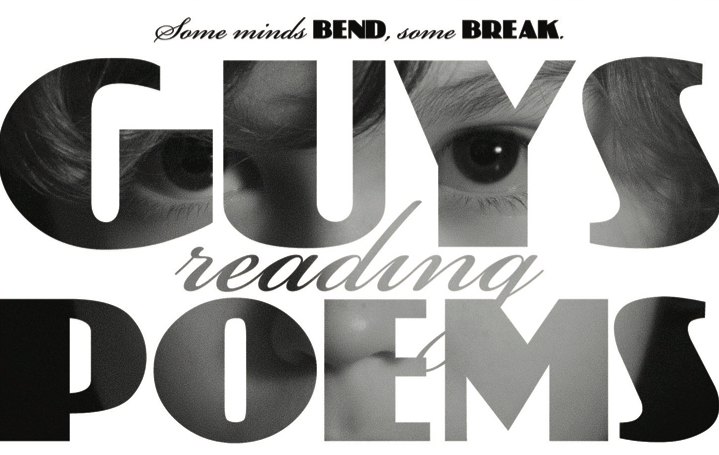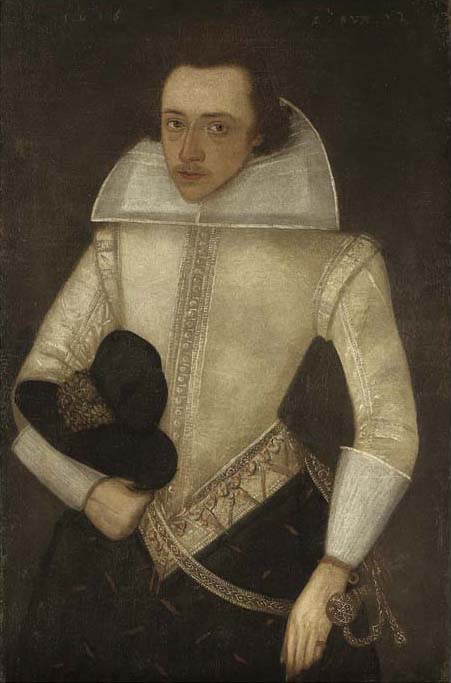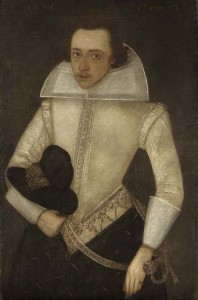by Hunter Lee Hughes
Imagine an impassioned young man born of a devout family practicing a religion deemed barbaric and false. His equally misunderstood, pious “bro” friends recruit him to do something about the intolerance and injustice of it all. First, they break the rules and simply continue to practice their faith in private, smuggling religious tokens into the country. When even these quiet acts are met with heavy-handed government intervention, they mount a plan to protest, even topple the government…and in that decision, they go too far and suffer grave consequences.
No, we are not talking about self-appointed radical zealot warriors in 2016. But some eerie parallels to Boston marathon bomber Dzhokhar Tsarnaev and the seduction of adolescent men into the grip of ISIS make the centuries-old tragedy of Chidiock Tichborne – and the poem he wrote on the eve of his brutal execution – all the more relevant.
In the 16th century, questions of whether Protestantism or Roman Catholicism would reign as the official religion in England deeply affected the Tichborne family, described by Isaac D’Israeli in his “Curiosities of Literature” article as “obstinate Roman Catholics.” Chidiock, along with several other wealthy young men, including his close friend Sir Anthony Babington, fell under the sway of Catholic insurrectionist John Ballard. They agreed to serve Ballard’s idea to assassinate Queen Elizabeth to return a fellow Catholic – Mary, Queen of Scots – to the throne. But a double agent hired by Sir Francis Walsingham infiltrated the murderous secret society of young men and foiled their plans. Upon discovery, some of the conspirators escaped through a forest, but an injured leg or piteous destiny betrayed young Chidiock and he was imprisoned in the Tower of London. According to D’Israeli, once they were caught, the judge of their fate excoriated Ballard for his corruption of the promising youth of England saying, “Oh Ballard, Ballard. What hast thou done? A sort of brave youth, otherwise endowed with good gifts by thy inducement hast thou brought to their utter destruction and confusion.”
The judge’s lament sounds a lot like worried parents nervous that a radicalized Iman or Westboro nutcase might manipulate their impressionable teenage son into reckless acts of ‘religious conscience.’
For his part, Chidiock admitted guilt of his crime but used a similar defense tactic to the one being deployed in Boston in an attempt to secure mercy. According to D’Israeli, Chidiock told the court that he had never approved of the idea to kill the Queen, but joined the plot in allegiance with his soul friendship with Babington. Chidiock expressed that he hoped his reckless abandonment of good sense would stand as a cautionary tale to other “generosis adolescentulis” (youth of good breeding) considering a stupid idea.
He may’ve delivered a great speech, but the court did not oblige Chidiock with any mercy.
According to British custom, treason was among the worst crimes possible and to be met with an astonishingly painful punishment. Chidiock was hung then disemboweled while still alive. Records are unclear if he was castrated or not, but that would be a routine punishment for traitors. He was drawn and quartered, with the four cut-up parts of his body then distributed throughout the capital as a warning to others thinking of betraying their Queen. Estimates of Chidiock’s age upon execution range from 23 to 28.
Devious plots sometimes meet with horrific ends for their participants. And that might be the sole lesson of Chidiock’s story, but that’s not the case. Why? As it turns out, the night before his execution, he wrote one of the most beautiful and enduring elegies in British history. It is haunting not only because Chidiock had the dubious honor of writing his own elegy, but because despite the graphic, painful, imminent end to his life, he managed to record a transcendent moment of consciousness that can apply to us all as we face the paradoxes of being human. And in that, the most dubious sort of man – a traitor – was also heroic. He not only wrote stanzas that illuminated paradox, he became one.
Check out the first stanza and I think you’ll see what I mean:
“My prime of youth is but a frost of cares,
My feast of joy is but a dish of pain,
My Crop of corn is but a field of tares,
And all my good is but vain hope of gain.
The day is past, and yet I saw no sun,
And now I live, and now my life is done.”
These lines – and a few more – were dashed off to Chidiock’s wife Agnes the night before that highly unenviable day at the gallows. His death takes on an absurd glow now when one considers how easily Catholics and Protestants enjoy conversations and friendships in many parts of the world, but it is partially redeemed by the lasting resonance of the words he found to describe his fate.
Rigid religious beliefs and the irrational violence that support them profoundly divide us even today. Perhaps it will take a well-phrased modern lament – like Chidiock’s – to bring us together. If history repeats itself, the source of that lament may be someone rather similar to the young man in Boston now facing the music for his grievous misdeeds.
“Cross-Cut: Chidiock Tichborne” by Hunter Lee Hughes is the first in a series of 20 articles on the poetry included in the upcoming neo-noir film Guys Reading Poems. The film combines public domain poetry with a traditional narrative plot. It is our hope that exploring the poets selected for inclusion in the film will enhance the filmgoer’s experience of Guys Reading Poems.
Hughes is the director of Guys Reading Poems. He is a filmmaker living and working in Los Angeles.



